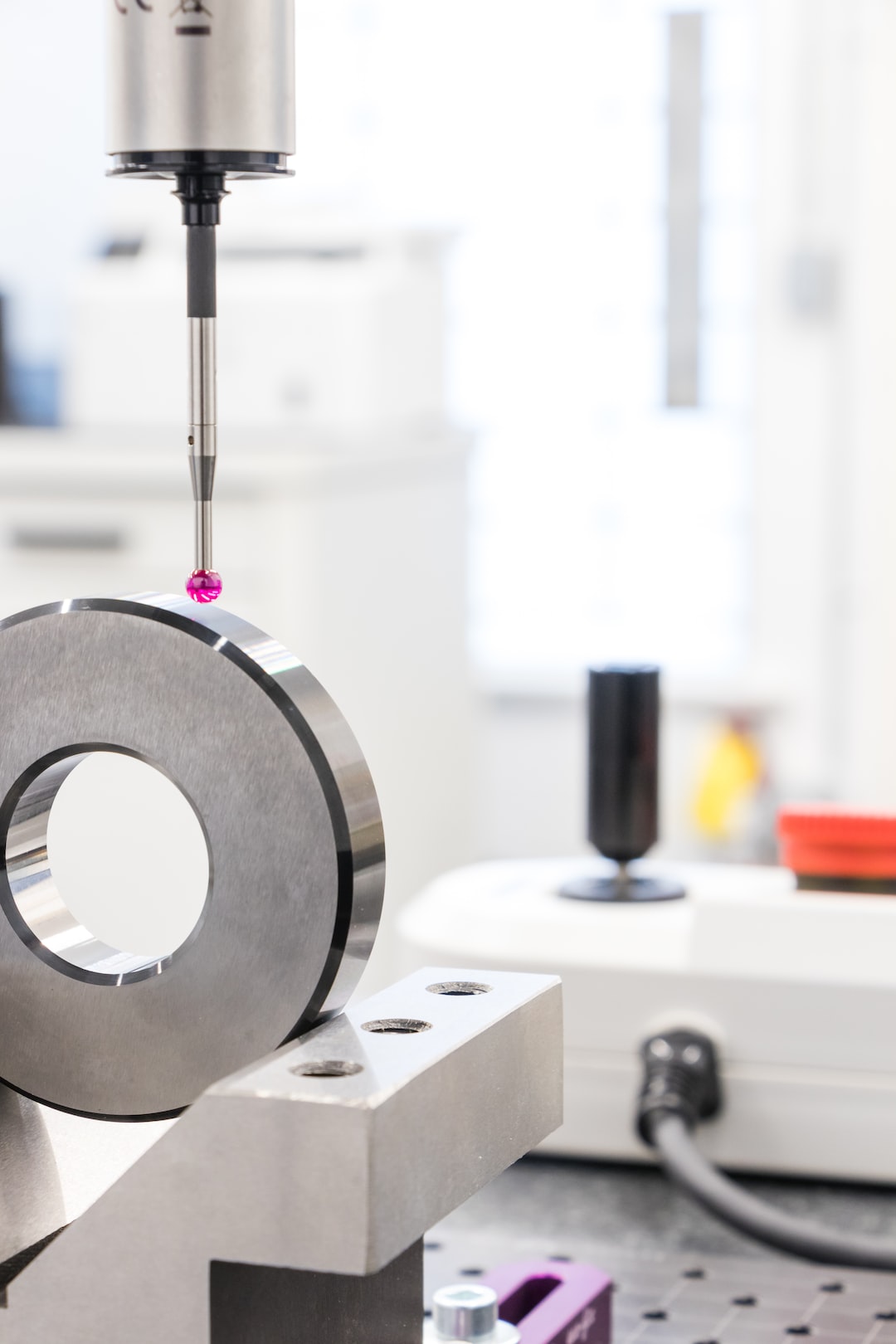The Role of Artificial Intelligence in Modern Manufacturing
Artificial intelligence (AI) has revolutionized various industries, and manufacturing is no exception. With its ability to analyze large amounts of data and make intelligent decisions, AI has become an indispensable tool for modern manufacturing processes. In this blog post, we will explore the role of AI in manufacturing and the benefits it brings to the industry.
One of the key areas where AI is making a significant impact is in optimizing production processes. AI algorithms can analyze data from sensors and IoT devices in real-time, allowing manufacturers to monitor and control their operations more efficiently. By identifying patterns and anomalies, AI systems can predict failures or downtime, enabling proactive maintenance to minimize disruptions and maximize productivity. This predictive maintenance approach not only reduces costs but also ensures smoother operations and customer satisfaction.
Another area where AI is transforming manufacturing is quality control. Traditional quality control methods rely on sampling and manual inspection, which are time-consuming and prone to human errors. AI-powered systems, on the other hand, can process a vast amount of data and identify defects or deviations from desired specifications much faster and with higher accuracy. By analyzing sensor data and images, AI algorithms can detect flaws that human inspectors might miss, ensuring that only the highest quality products reach the market.
AI is also playing a vital role in automating manufacturing processes, leading to increased efficiency and cost savings. With AI-enabled robots and machines, manufacturers can accomplish tasks that were previously performed by humans, such as assembly or packaging, with greater speed and precision. This reduces the reliance on human labor and frees up workers to focus on more complex and value-added activities. Moreover, AI-powered robots can adapt to changing production needs and learn from experience, making them versatile and efficient.
One of the most exciting applications of AI in manufacturing is in the field of predictive analytics. By analyzing historical data, AI systems can identify trends and make accurate forecasts regarding future demand, supply chain disruptions, or market trends. This information is invaluable for manufacturers, as it enables better decision-making and resource allocation. By optimizing inventory levels and production schedules, companies can respond more effectively to market changes, reduce costs, and improve customer satisfaction.
The role of AI in modern manufacturing is undoubtedly transformative. From optimizing production processes to automating tasks and enabling advanced analytics, AI is revolutionizing the industry. By embracing AI technologies, manufacturers can gain a competitive edge, increase efficiency, reduce costs, and deliver high-quality products to their customers. As AI continues to evolve and mature, its role in manufacturing will only become more significant, paving the way for smarter and more efficient factories of the future.
